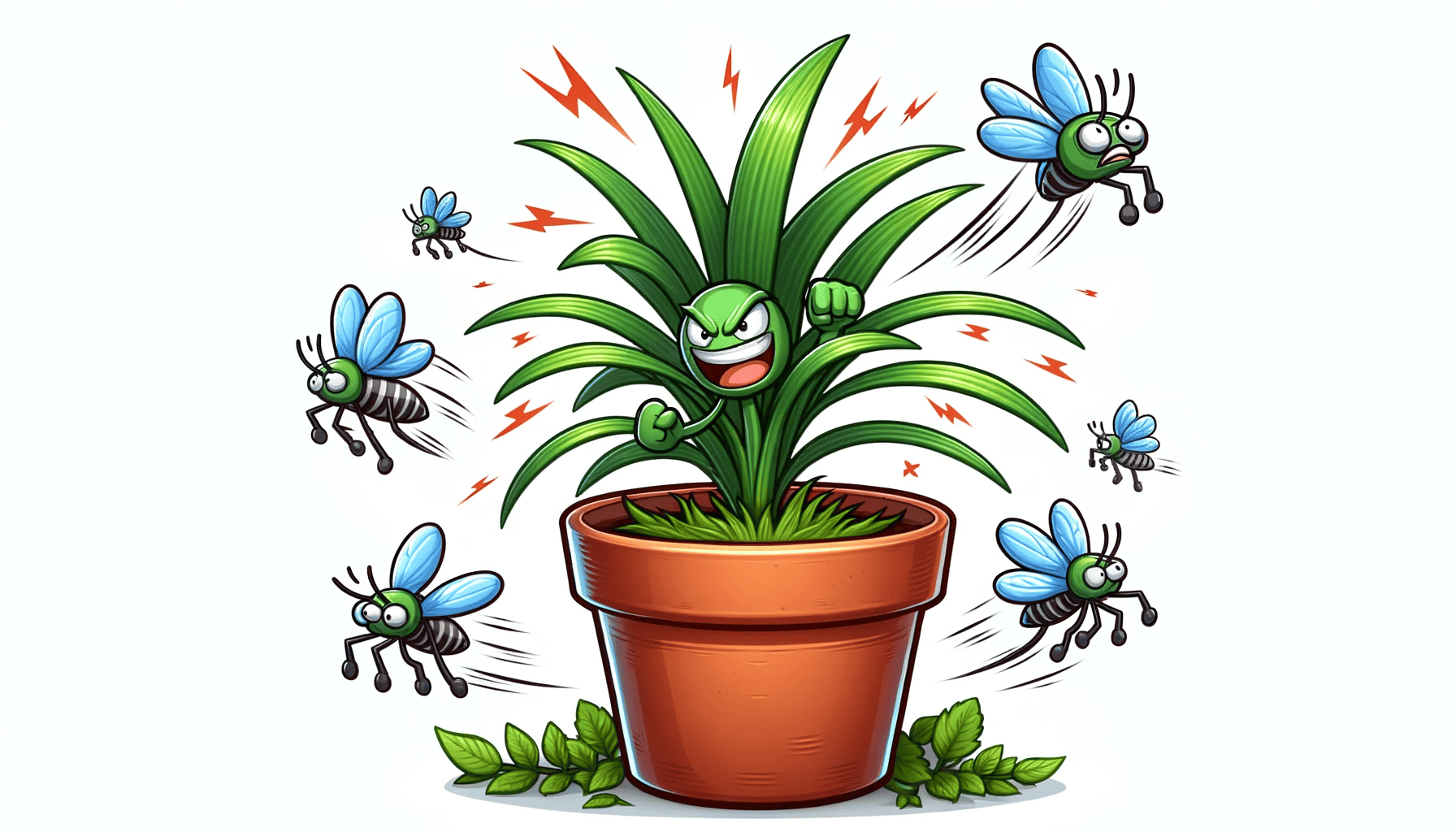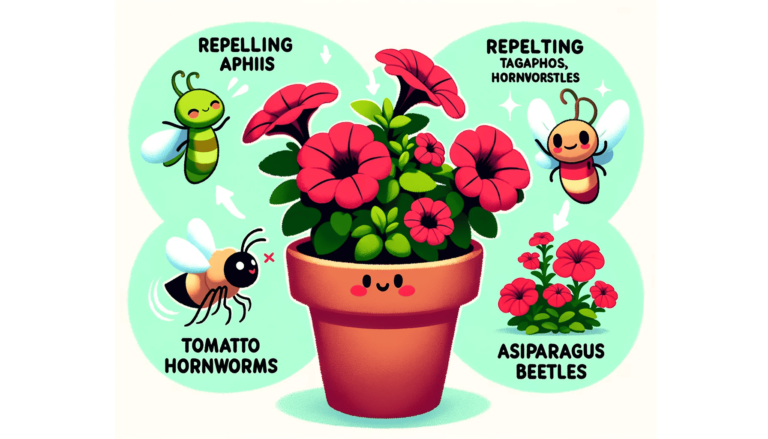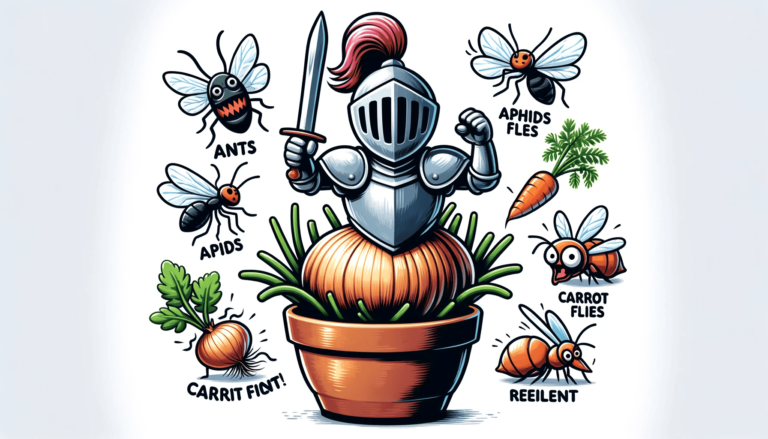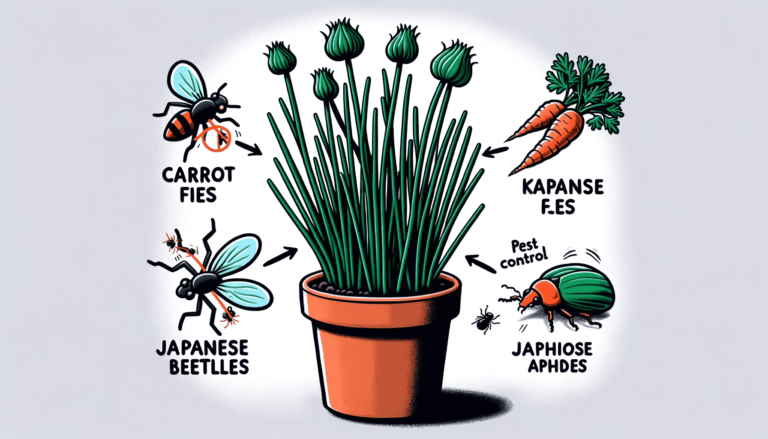Unveiling the Truth About Citronella Plants as Mosquito Repellents
You’ve probably heard about citronella plants being natural mosquito repellents, right?
But how effective are they truly? Let’s dive into what science says and how you can best use these plants.
Citronella Plant – A Brief Overview
Firstly, the citronella plant, often confused with true citronella sources (Cymbopogon nardus and C. citratus), is actually Pelargonium ‘Citrosum’. Known for its lemony scent, it’s a popular choice for both indoor and outdoor planting.
But here’s a twist: the citronella oil, which is a proven mosquito repellent, is extracted from Cymbopogon grasses, not the Pelargonium ‘Citrosum’.
Studies, including those from Iowa State University, indicate that the actual citronella oil content in these plants is only about 0.09% – a concentration too low to effectively repel mosquitoes. So, while citronella is used in products like candles and sprays, the plant itself might not be your best bet against those pesky biters.
Caring for Your Citronella Plant
- Light and Temperature: Citronella plants thrive in bright, indirect sunlight. They prefer tropical temperatures but can survive in cooler climates if not exposed to freezing conditions.
- Watering: These plants like to be watered when the soil feels dry but be wary of overwatering. Let the soil dry about halfway before the next watering.
- Soil and Planting: Use a well-draining soil mix. Regular houseplant potting soil with some perlite and worm castings works well.
Propagation Made Easy
- Citronella plants are easily propagated through stem cuttings.
- Simply cut a stem, remove the bottom leaves, and place it in water or soil.
- Rooting should begin within a few weeks.
Indoor Use and Aesthetics
As an indoor plant, citronella can add a refreshing ambiance to your home with its lemon scent. It doesn’t demand much – just enough light and the right temperature.
Important to note: Pelargonium species are considered toxic to pets and humans. So, keep an eye on your furry friends and little ones around these plants.
Citronella’s role in pest control is part of a larger narrative
Citronella is most effective when used as part of a broader pest management strategy. Combining it with other natural methods can provide a more robust defense against mosquitoes.
For a detailed exploration of using plants for pest management, be sure to read our guide, “27 Indoor Plants Great for Pest Control“. This comprehensive resource offers insights into various plants and their unique contributions to a pest-free home.
Final Thoughts
In conclusion, while citronella plants might not be the mosquito-fighting warriors they’re often made out to be, they are still a delightful addition to your home or garden.
Their lemony scent can freshen up any space, and caring for them is quite straightforward.
Just remember, for serious mosquito repellent needs, you might want to look beyond just these plants.






